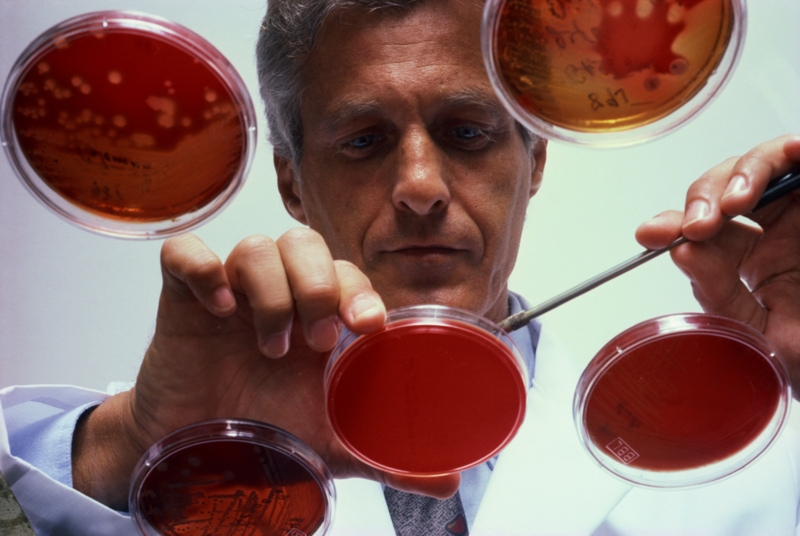Blood Clots may be triggered by Dental Plaque Bacteria

Oral bacteria that escape into the bloodstream are able to cause blood clots and trigger life-threatening endocarditis. Further research could lead to new drugs to tackle infective heart disease, say scientists presenting their work at the Society for General Microbiology’s Spring Conference in Dublin.
.
Streptococcus gordonii is a normal inhabitant of the mouth and contributes to plaque that forms on the surface of teeth. If these bacteria enter into the blood stream through bleeding gums they can start to wreak havoc by masquerading as human proteins.
.
Researchers from the Royal College of Surgeons in Ireland (RCSI) and the University of Bristol have discovered that S. gordonii is able to produce a molecule on its surface that lets it mimic the human protein fibrinogen – a blood-clotting factor. This activates the platelets, causing them to clump inside blood vessels. These unwanted blood clots encase the bacteria, protecting them from the immune system and from antibiotics that might be used to treat infection. Platelet clumping can lead to growths on the heart valves (endocarditis), or inflammation of blood vessels that can block the blood supply to the heart or brain.
.
Dr. Helen Petersen who is presenting the work said that better understanding of the relationship between bacteria and platelets could ultimately lead to new treatments for infective endocarditis. “In the development of infective endocarditis, a crucial step is the bacteria sticking to the heart valve and then activating platelets to form a clot. We are now looking at the mechanism behind this sequence of events in the hope that we can develop new drugs which are needed to prevent blood clots and also infective endocarditis,” she said.
.
Infective endocarditis is treated with surgery or by strong antibiotics – which is becoming more difficult with growing antibiotic resistance. “About 30% of people with infective endocarditis die and most will require s
.
The team are also looking more widely at other dental plaque bacteria that may have similar effects to S. gordonii. “We are also trying to determine how widespread this phenomenon is by studying other bacteria related to S. gordonii. What our work clearly shows is how important it is to keep your mouth healthy through regular brushing and flossing, to keep these bacteria in check,” stressed Dr Petersen.
.




